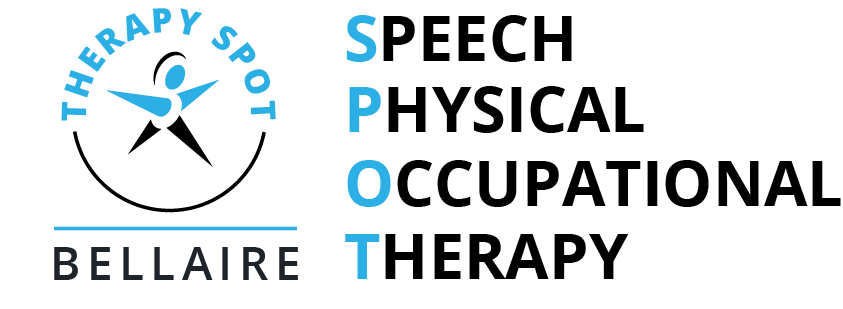Trismus
What Is Trismus?
“Trismus” is a term used to describe any number of conditions that cause an uncontrolled inability to open the mouth or jaw. The most common cause of trismus is inflammation of the soft tissue of the mouth due to:
- An impacted molar
- Removal of the wisdom teeth
- Removal of the tonsil
Less common causes of trismus are:
- Tetanus (“lockjaw”), an acute infection from bacteria that usually enter the body through a wound
- Radiation therapy to the face and neck
- Poor oral hygiene
- Signs and Symptoms
Symptoms of trismus include:
- Increased jaw pain
- Inability to open the jaw
- A “spasm” sensation when attempting to open the mouth
- Difficulty chewing
- Difficulty talking
- Difficulty breathing
- Difficulty keeping teeth clean
If you have trismus, you may be at risk for choking. Because you can’t chew as well, you might have to change your diet—and this could mean not getting adequate nutrition. Even just moving food around in your mouth may be difficult, because the tongue is commonly affected with trismus.
How Can a Physical Therapist Help?
Your physical therapist can help restore the natural movement of your jaw and improve your daily function. Trismus tends to develop slowly. In some people, it progresses so slowly that they might not even notice it until they can open their mouth only halfway. The sooner you see your physical therapist, the better, because treatment that begins before trismus gets worse is likely to be more effective and also easier for you.
During your first visit with your physical therapist, the therapist will:
- Review your medical history, and discuss any previous surgery, fractures, or other injuries to your head, neck, or jaw
- Conduct a physical examination of your jaw and neck
- Evaluate your posture and how your neck moves
- Examine the temporomandibular joint (TMJ) to find out how well it can open and whether there are any abnormalities in jaw motion since you developed trismus
The therapist might place his or her hand in your mouth in order to examine your jaw movement.
Following the examination, the physical therapist will select the appropriate treatments to improve your jaw movement and relieve pain.
Improve Your Jaw Movement
Research shows that the most effective exercise program includes opening up the jaw to the point of discomfort and holding that position for 7 seconds for 7 repetitions, done 7 times a day.
Physical therapists also use skilled hand movements called manual therapy to increase movement and relieve pain in tissues and joints. Your therapist also might use manual therapy to “stretch” the jaw in order to:
- Restore normal joint and muscle flexibility (so that you won’t feel”tight”)
- Break up the scar tissues (“adhesions”) that may occur after disease or injury has limited movement for a long period of time
Your physical therapist may teach you special “low-load” exercises. These are exercises that don’t exert a lot of pressure on your TMJ but can strengthen the muscles of the jaw and restore a more natural, pain-free motion. The therapist also will teach you exercises that help you increase the opening of your jaw and improve the way it works.
Relieve Your Pain
In addition to manual therapy, if your pain is severe, your physical therapist may decide to use treatments such as electrical stimulation or ultrasound to reduce pain.
Real Life Experiences
Your grandmother is receiving radiation therapy for her throat cancer, and she tells you that she is having difficulty opening her mouth to eat her sandwich at lunch. She says that she has gradually lost movement in her jaw and that her motion is limited by “tightness” not pain.
What do you do next?
From all the research you’ve done on your grandmother’s form of cancer, you are aware of the risks of trismus, and you know that it’s important for her to maintain normal movement in her jaw so that she can eat properly and keep up her strength. You make an appointment for her with a physical therapist for an evaluation and for treatment to restore the lost motion caused by the radiation therapy. You also plan on contacting her dentist to find out whether there is a night splint that your grandmother could wear to help her stretch her tight jaw joints.
